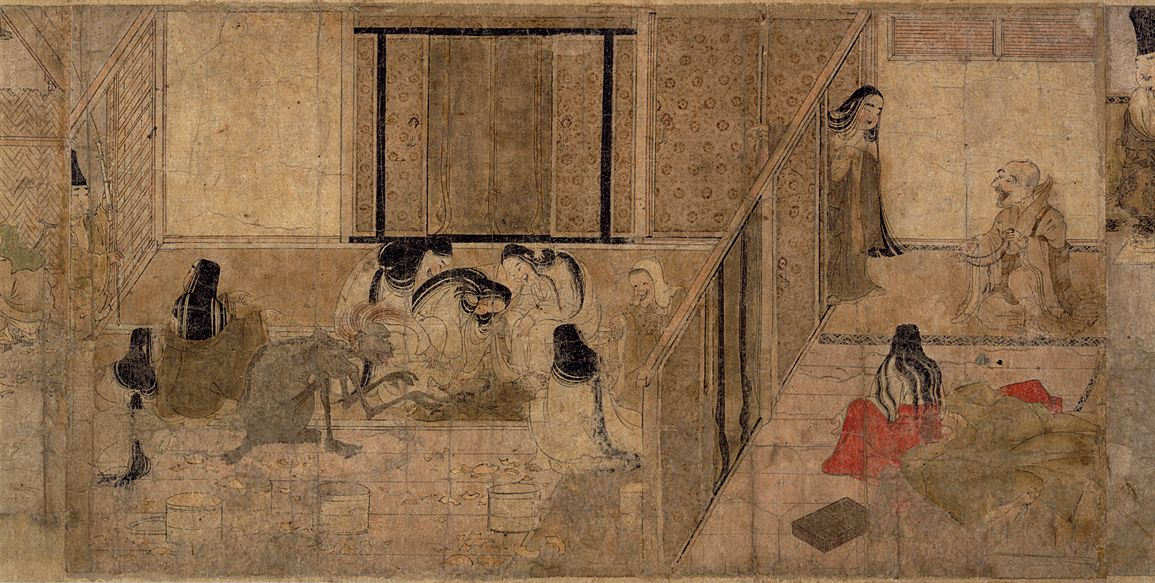Childbirth in medieval Japan: Time, politics, expertise
Giving birth in medieval Japan was an uncertain and risky affair, a barely predictable process fraught with potential difficulties. Things could go well, or they could easily end up in an upheaval and result in both mother and child losing their lives. How did elite households cope with such risks and uncertainties? A variety of historical, religious, literary, and visual sources dating from the ninth- to fourteenth century paint a complex and moving picture. In this lecture, I will discuss the rise of different kinds of medieval expertise on women’s reproductive health and the attempts to mitigate potential problems by a variety of experts – focusing in more detail on the emergence of Buddhist knowledge of embryology, pregnancy, and childbirth, as seen through medieval hand-written manuscripts found at Japanese esoteric temples.
Anna Andreeva is a Research Professor of Japanese Language and Culture at Ghent University, Belgium. After earning her PhD at Cambridge in 2007, she worked as a postdoctoral and research fellow at the Reischauer Institute of Japanese Studies (Harvard), Girton College (Cambridge), the International Research Center for Japanese Studies (Kyoto), the Max Planck Institute for the History of Science (Berlin), the International Consortium for Research in the Humanities (Erlangen-Nürnberg), and Heidelberg Centre for Transcultural Studies. In 2016–2017, she was an interim chair of Japanese History at the Faculty of East Asian Studies, Ruhr-Universität-Bochum.
Anna Andreeva is the author of Assembling Shinto: Buddhist Approaches to Kami Worship in Medieval Japan (Harvard Asia Center, 2017), and a co-editor of Transforming the Void: Embryological Discourse and Reproductive Imagery in East Asian Religions (Leiden: Brill, 2016) and “Childbirth and Women’s Healthcare in Premodern Societies” (Dynamis 34/2, 2014). At Ghent, she is teaching Classical Japanese and working on several research topics, including childbirth in medieval Japan and women’s health in premodern East Asia.
image: Tokyo National Museum, "The Scroll of the Hungry Ghosts," early Kamakura period, item nr. C0016935. https://webarchives.tnm.jp/imgsearch/show/C0016935
